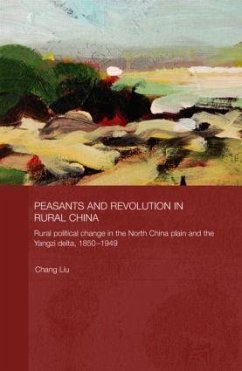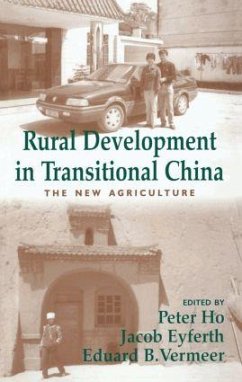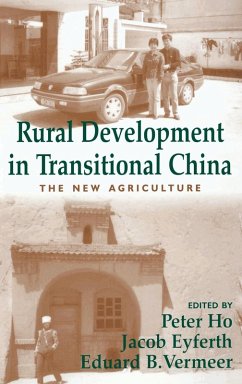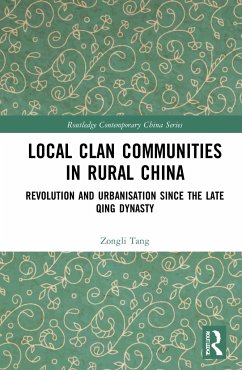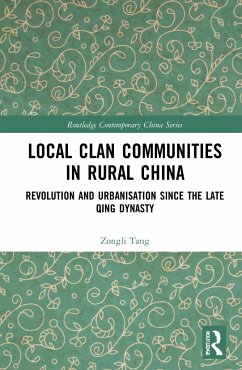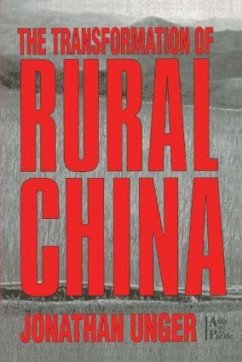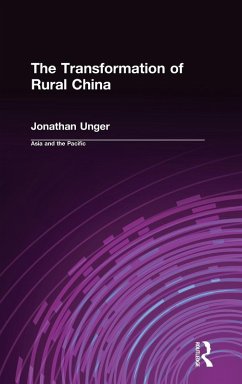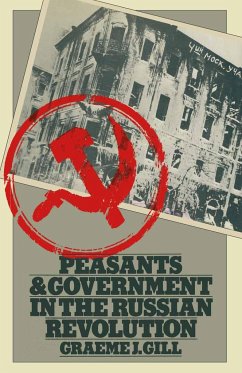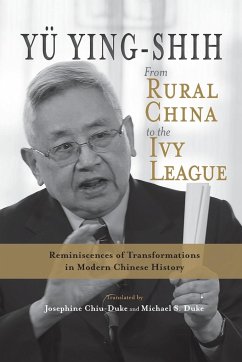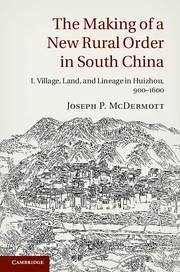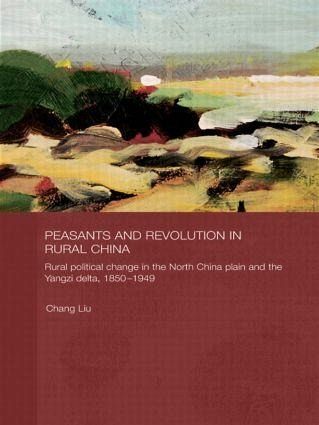
Peasants and Revolution in Rural China
Rural Political Change in the North China Plain and the Yangzi Delta, 1850-1949
Versandkostenfrei!
Versandfertig in 1-2 Wochen
42,99 €
inkl. MwSt.
Weitere Ausgaben:

PAYBACK Punkte
21 °P sammeln!
This book explores rural political change in China from 1850 to 1949 to help us understand China's transformation from a weak, decaying agrarian empire to a unified, strong nation-state during this period. Based on local gazetteers, contemporary field studies, government archives, personal memoirs and other primary sources, it systematically compares two key macro-regions of rural China - the North China plain and the Yangzi delta - to demonstrate the ways in which the forces of political change, shaped by different local conditions, operated to transform the country. It shows that on the Nort...
This book explores rural political change in China from 1850 to 1949 to help us understand China's transformation from a weak, decaying agrarian empire to a unified, strong nation-state during this period. Based on local gazetteers, contemporary field studies, government archives, personal memoirs and other primary sources, it systematically compares two key macro-regions of rural China - the North China plain and the Yangzi delta - to demonstrate the ways in which the forces of political change, shaped by different local conditions, operated to transform the country. It shows that on the North China plain, the village community composed mainly of owner-cultivators was the focal point for political mobilization, whilst in the Yangzi delta absentee landlordism was exploited by the state for local control and tax extraction. However, these both set the stage, in different ways, for the communist mobilization in the first half of the twentieth century. Peasants and Revolution in Rural China is an important addition to the literature on the history of the Chinese Revolution, and will be of interest to anyone seeking to understand the course of Chinese social and political development.





